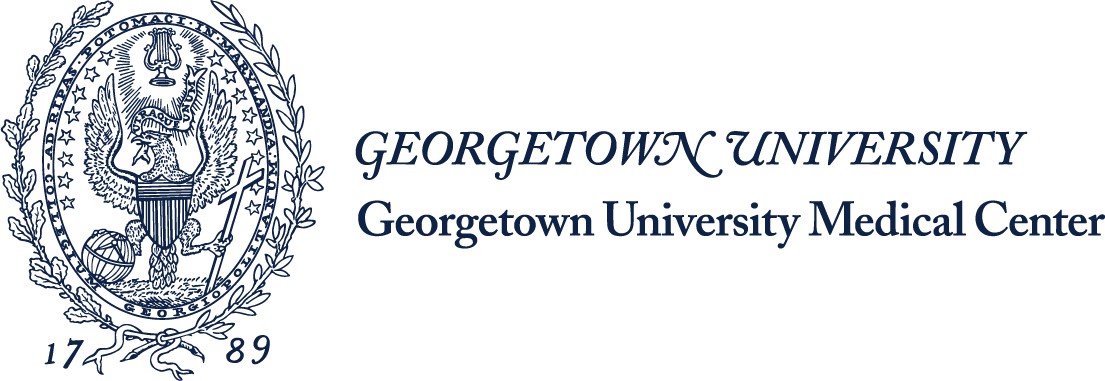Georgetown Global Health Experts Weigh in on WHO Decision to Not Declare PHEIC

Posted in News Release | Tagged 2019 Novel Coronavirus, coronavirus, global health, infectious disease
Media Contact
Karen Teber
km463@georgetown.edu
WASHINGTON (January 23, 2020) — Today, World Health Organization Director-General Dr. Tedros Adhanom Ghebreyesus, on the recommendation of the Emergency Committee, decided not to declare the novel coronavirus (2019-nCoV) outbreak that began in Wuhan, China, a Public Health Emergency of International Concern (PHEIC).
Georgetown University global health security expert Rebecca Katz, PhD, MPH, and global health legal experts Lawrence Gostin and Alexandra Phelan, SJD, LLM, LLB, disagree with the decision:
Katz says:
“I believe this outbreak warrants a PHEIC because the number of cases is increasing and a growing number of people are in critical condition or have died from the disease.
“It will be important for the emergency committee to reconvene in a very short period of time to reassess the evolution of the outbreak. In the interim, we hope WHO is providing clear evidence-based guidance to the Member States on best practices for controlling the spread of the virus in ways that limit interference with travel and trade, and support human rights, as dictated by the text of the IHR.”
On travel bans: “The Chinese government is taking strong actions to limit population movement in the epicenter of the outbreak. We have learned through past precedent that non-pharmaceutical interventions like ‘social distancing’ — including keeping people from gathering in confined spaces like a public bus or train — can be useful in controlling a respiratory disease. When done properly, limiting population movement can help ease the speed by which a disease spreads. But, we know that broadly applied interventions such as travel bans can cause public panic, impede individual rights, lead to secondary effects like shortages of food, and may not be effective at containing a virus if it has already spread outside of the epicenter, as 2019-nCoV has done.”
Gostin says:
“WHO should have declared a Public Health Emergency of International Concern. All the legal criteria have been met, including a novel virus, rising cases, and international spread. There are already major impacts on travel and trade. I expect the crisis to escalate, as cases will mount in China, Asia, and globally. Dr. Tedros should re-convene the Emergency Committee in the coming weeks. WHO must answer crucial public health questions, such as the efficiency of human transmission and the case fatality rate. Sooner or later, WHO will have to declare an emergency if the epidemic spreads widely and globally.
“WHO should come out against major travel restrictions, including in China. The ban on movement and transport in Wuhan and other Chinese cities is counterproductive. It will drive the epidemic underground, provoking public fear and panic. Gaining public trust is the most important public health imperative. It is impossible to enforce a lockdown in a city the size of New York or London without major violations of human rights and international law.”
Phelan says:
“This outbreak meets the legal criteria for a PHEIC declaration and needs WHO leadership. If new information comes to light, the Director-General should not hesitate to reconvene the Emergency Committee at short notice to reconsider if this outbreak constitutes a PHEIC.
“Regardless of sovereignty, countries still have international legal obligations to avoid unnecessary interference with international travel and trade, and must respect the human rights of travelers, including only imposing the least restrictive measures necessary to protect public health. International human rights law also requires that public health measures have a legitimate rational and scientific basis.”
Katz is a professor and director of the Center for Global Health Science and Security at Georgetown University. Her research is focused on global health security, public health preparedness and health diplomacy. Follow her on Twitter @RebeccaKatz5.
Gostin is faculty director of the O’Neill Institute for National and Global Health Law. Follow him on Twitter @LawrenceGostin.
Phelan is a faculty member of Georgetown’s Center for Global Health Science and Security and is an adjunct professor at Georgetown Law. She works on legal and policy issues related to infectious diseases, with a particular focus on emerging and reemerging infectious disease outbreaks and international law. She has worked as a consultant for the World Health Organization, the World Bank, and Gavi. Follow her on Twitter @AlexandraPhelan.
To arrange an interview with any of the professors above, please contact Karen Teber at km463@georgetown.edu.
